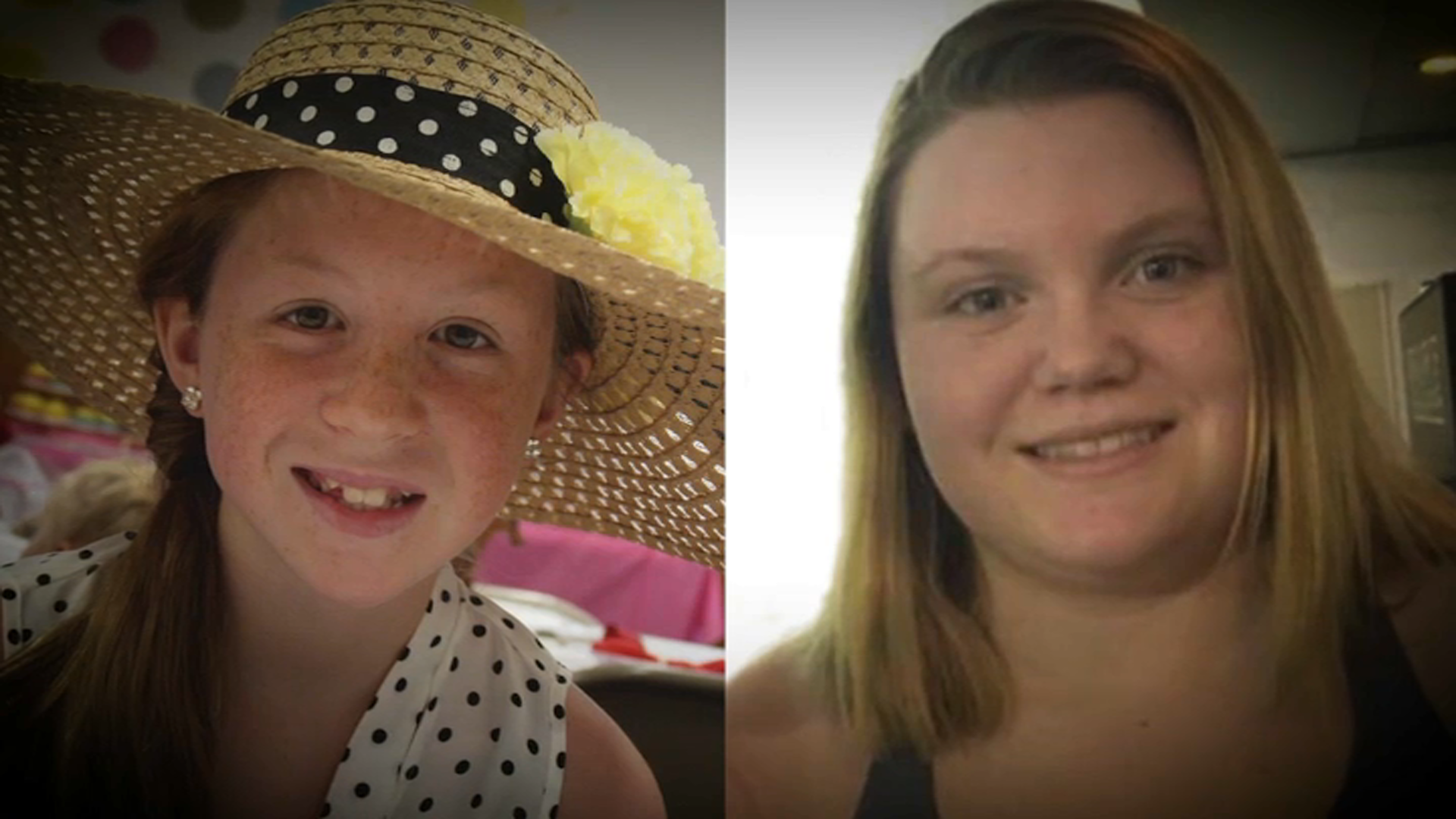What to Know
- At least 73 people were shot between Friday afternoon and Monday morning across Chicago, according to police
- Of the people who were shot between 3 p.m. Friday and 9 a.m. Monday, 11 have died, officials said.
- Chicago's chief of patrol blamed many of the shootings and killings on gang members who shoot into summer crowds.
With tears in his eyes, Mayor Rahm Emanuel on Monday urged Chicago residents to turn in those responsible for a particularly bloody weekend that left more than 60 injured and 12 killed.
"Don’t think for a moment people don’t know who in the neighborhood was responsible," Emanuel said. "Who actually did this. If you say to yourself 'Enough is enough,' will that implore you to do something so that this doesn’t happen again?"
It's a sentiment that was echoed by the city's top cop as he faced questions on the dozens of shootings that tore through neighborhoods in the city in a matter of hours.
"We need parents to be parents, we need neighborhoods to be neighborhoods," Supt. Eddie Johnson said Monday. "You all know who these individuals are, they come into your homes every day, sleep with you every night. Grandparents, parents, siblings, significant others- you know who they are."
Johnson noted that while several arrests were made in the last 72 hours, none of those arrested were the gunmen responsible for the weekend shootings.
"What we saw this weekend it just it rips at everything that I believe in," he added. "Because I know as a city and as a neighborhood, these neighborhoods across the city we can do better. Certainly CPD can do better but at the end of the day the members of CPD don’t go to bed with these individuals at night, they don't wake up with them in the morning."
The weekend saw numerous gunmen firing into large groups of people who had gathered for block parties and summer events on the city's South and West Sides, where authorities said much of the violence was centered. The city's Chief of Patrol Fred Waller blamed many of the shootings and killings on gang members who shoot into summer crowds.
“They take advantage of that opportunity and they shoot into a crowd, no matter who they hit,” Waller said.
The violence peaked early Sunday, including one shooting on the city's South Side that injured eight people.
In another shooting just two hours earlier, six people were shot, one of them fatally, while standing on a sidewalk Sunday morning in the Lawndale neighborhood.
Local
"My baby just left the house. Twenty minutes later I get a call stating my baby got shot. And then when we get over there, they are shooting again," said Tanika Humphries, Patterson's mother. "This violence got to stop."
The two shootings were among six over the weekend where four or more people were shot, largely on the city's West Side.
The spike in violence led to a chaotic scene outside Stroger Hospital, as families packed hospital grounds waiting for word about loved ones who had been shot.
"There are neighborhoods and communities similar to the ones where this happened where nothing happened. Similar weather conditions, similar economic conditions, similar family, cultural..." Emanuel said. "So the question is, what made them different?"
Police have said violent crime has declined overall in Chicago. Still, anti-violence protesters have blocked freeways to voice their outrage.
"We’ve had race relations in the city. I’ve been a cop for 30 years, don’t think I’m naïve or tone deaf to that," Johnson said. "You think it’s easy for me to stand up here and talk about this? It’s not...We can’t solve these things without the community."
Chicago's gun violence has drawn national scrutiny, including from President Donald Trump. His lawyer, ex-New York Mayor Rudy Giuliani, tweeted Sunday blaming Chicago's longtime "Democratic rule."
"I’ll take care of the CPD part of it but we still need the community’s help. It should be heartbreaking for everybody in the city to see what happened this weekend," Johnson said. "The city isn’t on fire we just have to do what we have to do in those challenged areas to make it better."
The shootings came during a warm weekend in Chicago, but authorities were quick to shoot down the notion that the weather played a role in the spike in violence.
"You can talk about the weather, but the weather didn’t pull the trigger," Emanuel said. "You can talk about jobs, and they count, but in parts of the city where there aren’t jobs people didn’t pull the trigger. Too many guns on the street, too many people with criminal records on the street and there is a shortage of values about what is right and what is wrong- what is acceptable, what is condoned and what is condemned."
Johnson said that in many neighborhoods, shootings have become "normalized" for children and residents.
"The worst thing we can do is not do anything," he added. "This isn’t right, it’s not normal."



